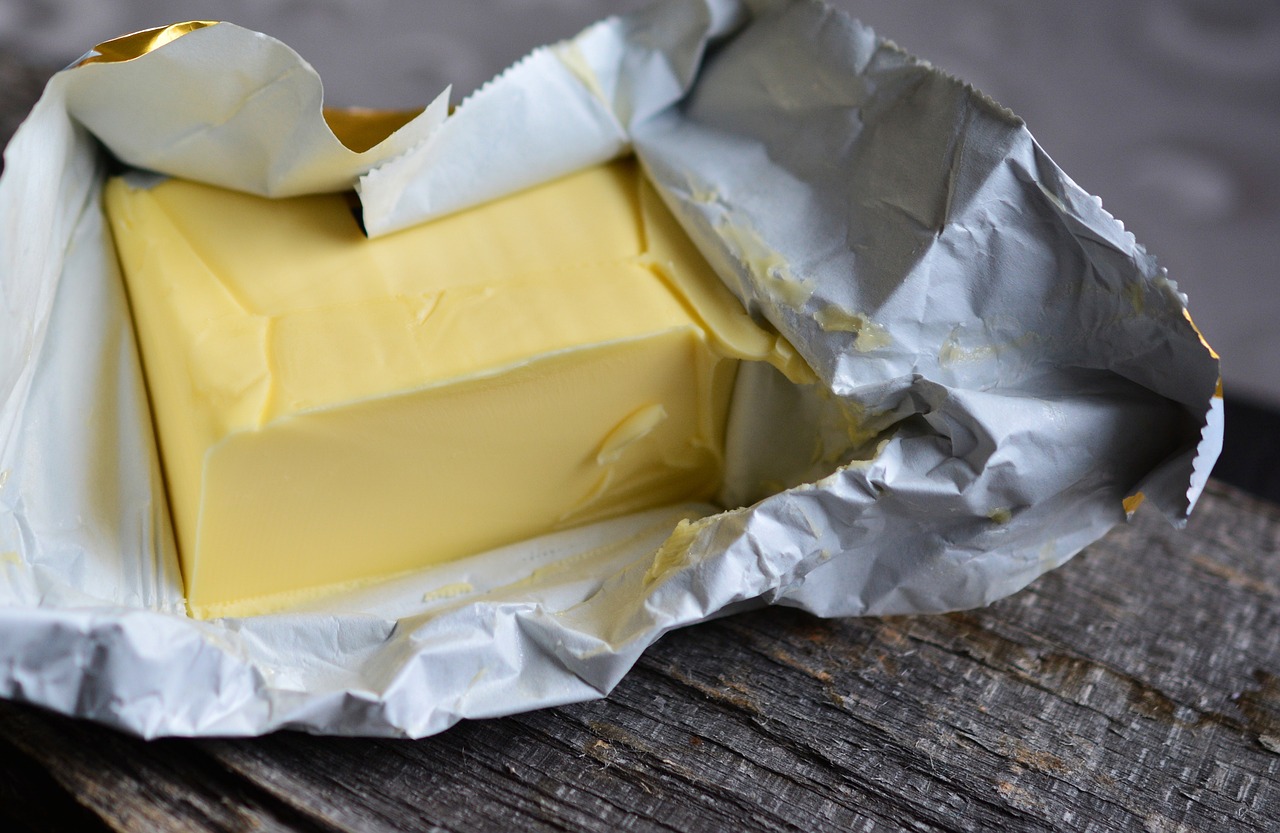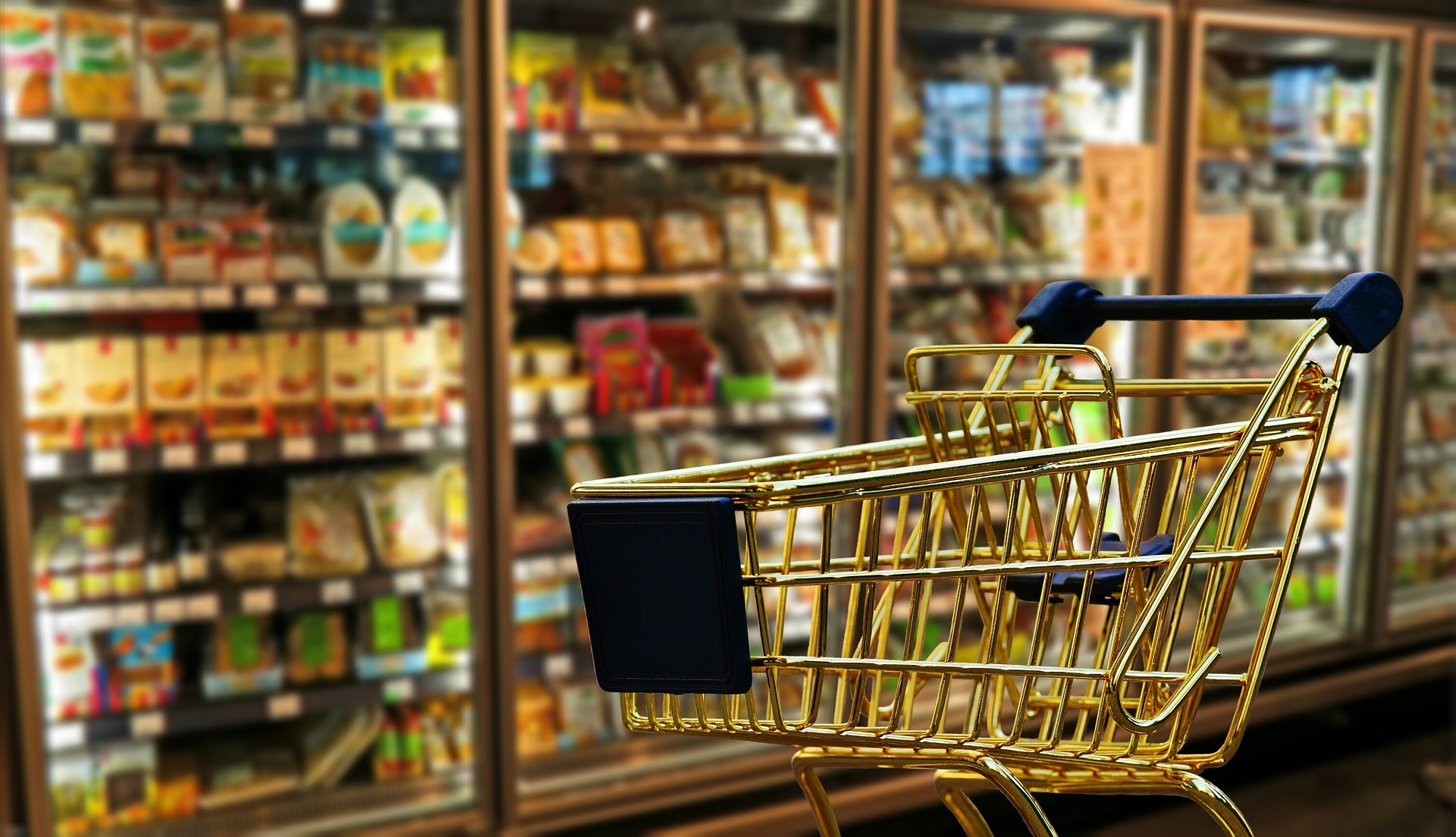
Although inflationary trends show some easing, an exceptionally tough year lies ahead of Hungarian consumers.Continue reading

After the drastic price rises of recent months, the process now seems to be slowing down, with shops virtually competing with each other to cut prices. Supermarket are announcing a series of price cuts on various food products, which is definitely good news for the public. However, the question is how long the price cuts will last, and the fact is that, even with the cuts, the prices of some products are still much higher than they were before the war and massive inflation.
The German supermarket chain Lidl has announced a few days ago that it would continue the price-cutting program it started on 1 January, which has already brought down the prices of almost 400 products in the first three months of the year. Among the products cut are staple foods, dairy products, bread, rice, honey, dry pasta, cleaning and toiletries, baby care products and fruit juices. For some products, price reductions can be as high as 29 percent. In addition, Lidl has stated that its strategic objective is to further expand the range of products subject to price reductions.
However, Lidl has plenty of competition in the price-cutting, as other large chains operating in Hungary, such as Tesco, Aldi, Spar and CBA, have been cutting the prices of their products for weeks, bidding against each other.
Spar has also embarked on a serious price-cutting campaign, publishing a list of products every Monday, indicating the extent of the price reduction. Here too, the list of reduced products consists of almost 400 items. The price of bakery products are reduced by 6-16 percent, and dry pasta by 5-10 percent, among others.
Aldi was one of the first to reduce the price of popular Hungarian Trappista cheese, something that was deemed as a matter of urgency as the price of this product has increased the most. As a result of the increase, the price of cheese per kilogram was between HUF 3,500 and 5,000 in 2022, compared to only HUF 2,000 in 2021. Aldi reduced the price of Trappista cheese by 20-23 percent, with the first response coming from CBA, which also reduced the price of cheese by 20 percent from 1 March, before other chains joining the decision.
Experts say that as prices of more and more goods fall, inflation could fall further in the coming months after the promising data in February.
Meanwhile, shoppers can easily get confused with the numerous offers at hand, therefore the government hes pledged the introduction of an online price monitoring database. This has been initiated by the President of the Hungarian Competition Authority. The government supports the proposal, because it has an anti-inflationary effects. As a joint statement by the HCA and the Ministry of Economic Development shows, there are a number of European countries (e.g. Austria, Finland, the Netherlands, Sweden, Portugal) whose governments or authorities use various price monitoring and price register applications.
International experience also shows that increasing price transparency and comparability of consumer prices can increase competition. This in turn can have a moderating effect on prices in the long run and increase consumer awareness.
Featured photo via Pixabay